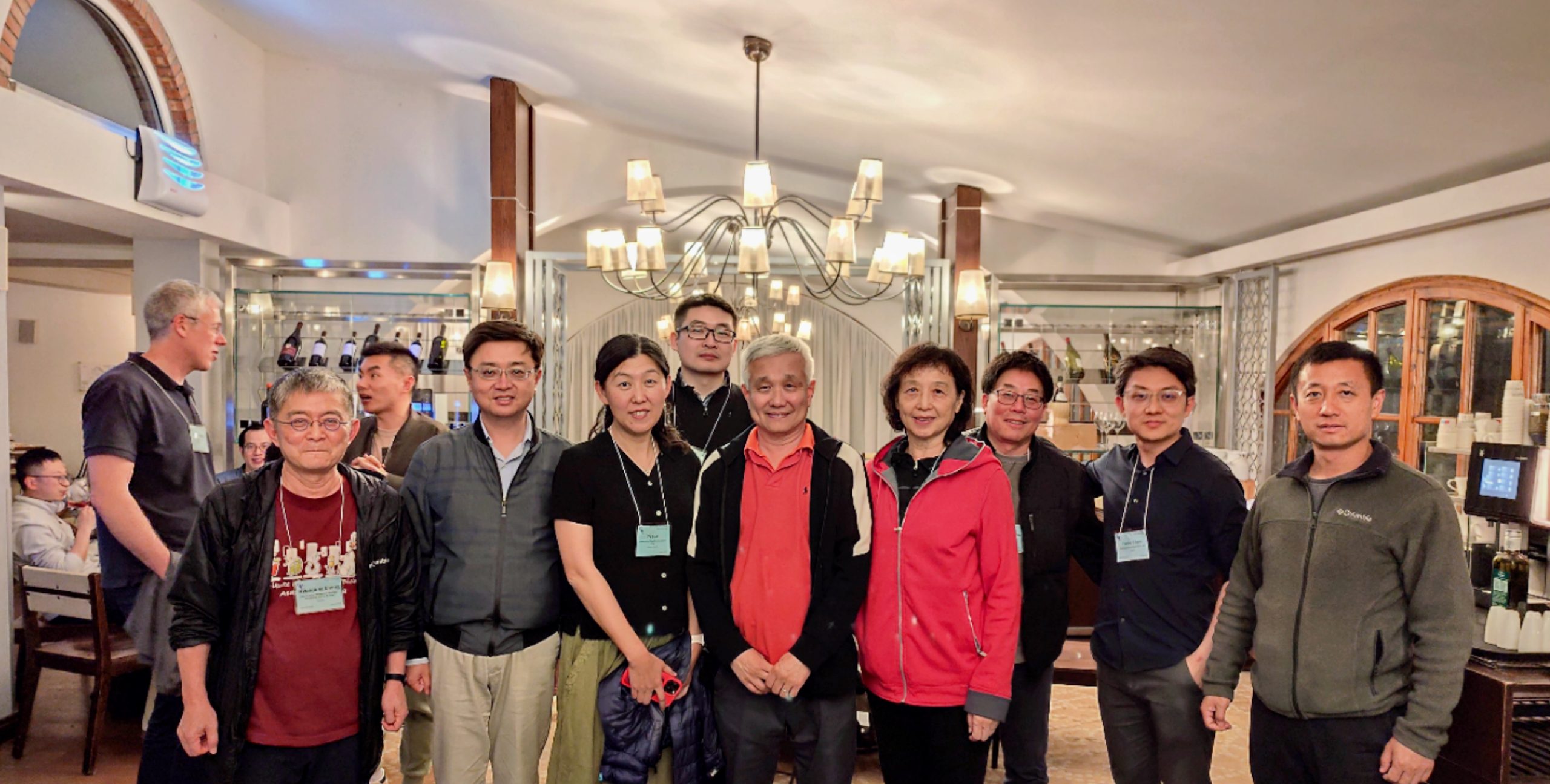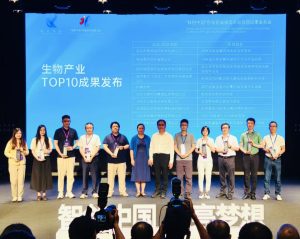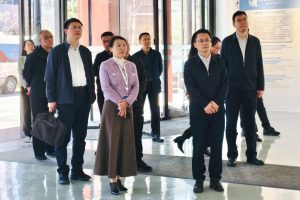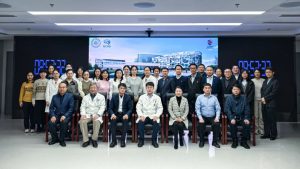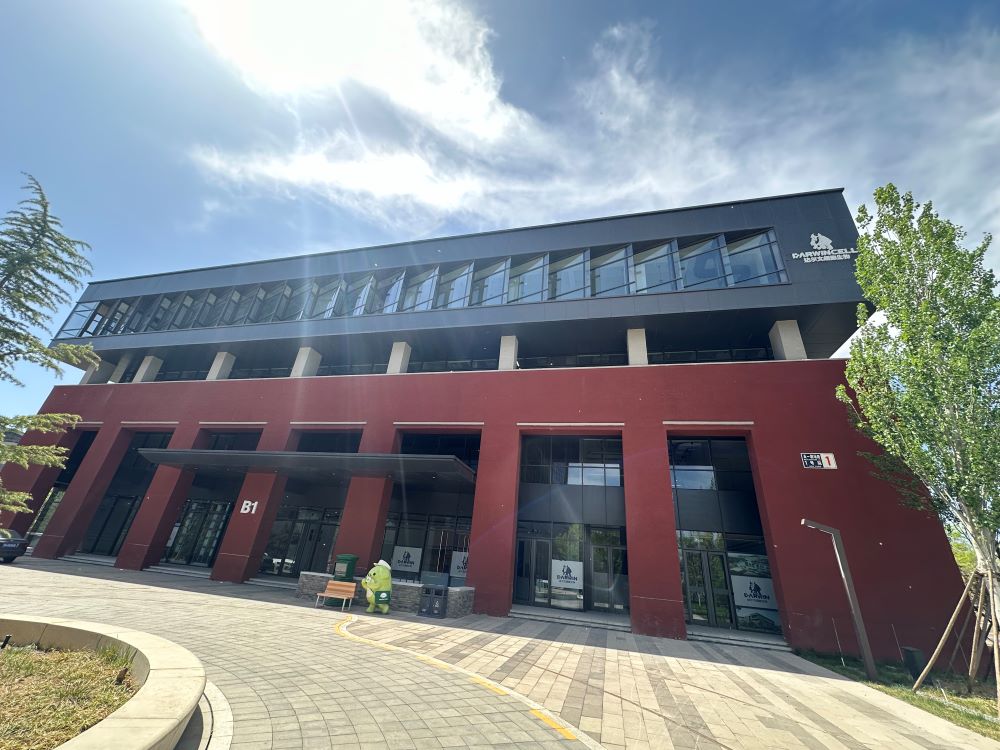Molecular and Cellular Neurobiology Section of the 2024 Gordon Research Conference Series in Lucca, Italy, May 26-May 31. The meeting was chaired by Academician Zhang Mingjie, and attended by renowned neuroscientists from home and abroad, including Nobel Laureate Prof. Thomas Sudhof, Academician of the Chinese Academy of Sciences and Dean of the School of Life Sciences at Tsinghua University Prof. Shi Songhai, and Academician of the American Academy of Sciences Prof. Song Hongjun.
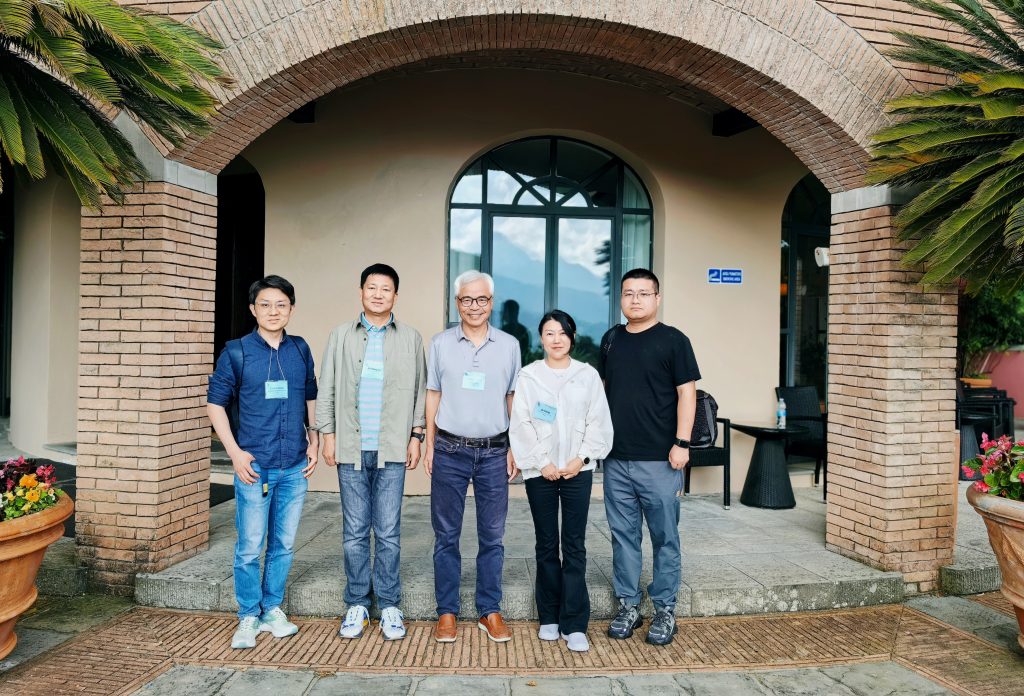
Representatives of Darwin Bio R&D team participated in the learning and discussion throughout the conference and presented posters on site. The team members not only received valuable suggestions from their international counterparts, but also had in-depth exchanges.The team valued the opportunity and the results it brought, and we are very pleased to be able to offer you the opportunity to meet with us.Letter.This will open up more possibilities for future collaboration with scientists around the world to address neurological diseases.
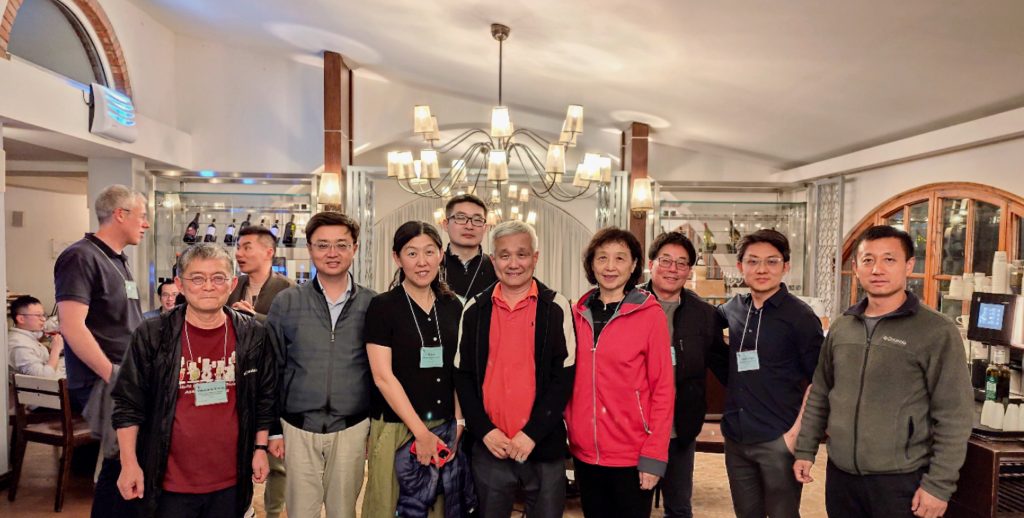
The 2024 Gordon Research Conference on Molecular and Cellular Neurobiology will bring together neuroscientists from academia and industry to discuss the latest breakthroughs in the study of the nervous system. The 2024 Gordon Research Conference on Molecular and Cellular Neurobiology will bring together neuroscientists from academia and industry to discuss the latest breakthroughs in the study of the nervous system. As the tradition of this GRC, the conference will focus on molecular and cellular approaches to study nervous system development, neuronal circuit formation and function, and neurological diseases. The conference will also feature recent technological innovations for studying these scientific questions. The conference will also feature recent technological innovations for studying these scientific questions. neural circuits underlying cognitive The conference will be organized by the GRC, with the support of the GRC and the GRC's secretariat, and will include a panel of experts on neurological functions, and molecular and cellular mechanisms of neurological diseases including neurodegenerative and neuropsychiatric disorders. the tradition of this GRC, a major goal of this conference is to bring leading neuroscientists from Asia, North America, Europe and the rest of the world to Communicate exciting science and to foster new collaborations through formal scientific sessions as well as during informal interactions. the next generation of neuroscientists, short talks will be selected from abstracts submitted by students, postdoctoral fellows, and junior faculty members. This GRC will be preceded by a Gordon Research Seminar (GRS) on Molecular and Cellular Neurobiology, which will feature a keynote speaker and be open only to students and postdoctoral fellows. open only to students and postdoctoral fellows. The GRS will serve as a forum for trainees to broaden their peer network and will complement the GRC in bringing together scientists from around the world. The GRS will serve as a forum for trainees to broaden their peer network and will complement the GRC in bringing together scientists from around the world to discuss and identify new directions in molecular and cellular neurobiology.
Molecular and Cellular Neurobiology GRC is a premier international scientific conference focused on pushing the boundaries of science by presenting cutting-edge and unpublished research, with discussion periods scheduled after each presentation to promote informal interactions among scientists at all career stages. The conference includes a diverse group of speakers and discussion leaders from institutions and organizations around the world, focusing on the latest developments in the field. The conference is held over five days in remote locations to enhance a sense of esprit de corps and create a scientific community that builds lasting collaborations and friendships. In addition to top-notch presentations, the conference has designated poster presentation times for individuals at all career stages, theFree time and a shared meal in the afternoon also provided an opportunity for informal networking with leaders in the field.
The 2024 Gordon Research Conference on Molecular and Cellular Neurobiology brings together neuroscientists from academia and industry to discuss the latest breakthroughs in nervous system research. A GRC tradition, the conference focuses on the use of molecular and cellular approaches to study the development of the nervous system, the formation and function of neural circuits, and neurological diseases. The conference also showcases the latest technological innovations used to study these scientific questions. The scientific sessions cover the latest discoveries on the molecular and cellular mechanisms underlying nervous system development, synaptic function, neural circuits behind cognitive function, and neurological disorders including neurodegenerative and neuropsychiatric disorders. In addition, as a tradition of the GRC, the main goal of this meeting is to bring together leading neuroscientists from Asia, North America, Europe, and the rest of the world to exchange stimulating scientific discoveries and foster new collaborations through formal scientific sessions as well as informal interactions. To foster the development of the next generation of neuroscientists, short talks are selected from abstracts submitted by students, postdocs, and junior faculty. A Gordon Research Seminar (GRS) in Molecular and Cellular Neurobiology, complete with a keynote speaker, is set up prior to the GRC and is open only to students and postdocs.The GRS serves as a forum for trainees to expand their peer networks and complements the GRC, which brings together scientists from around the world to discuss and identify new directions in molecular and cellular neurobiology.
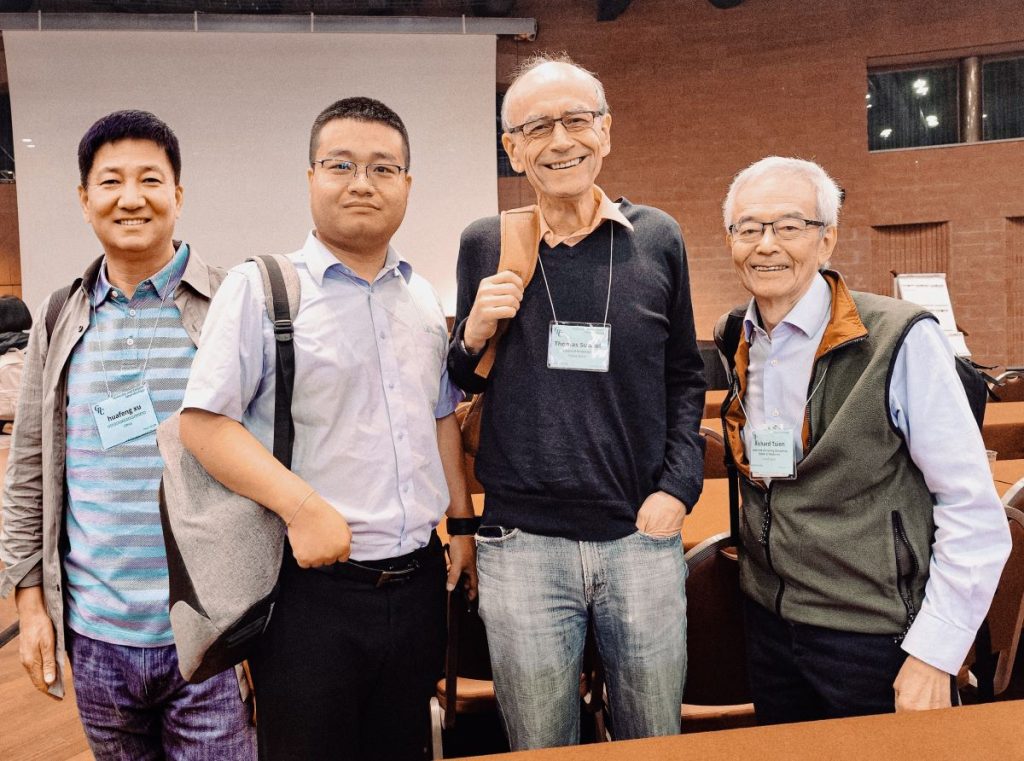
Although this scientific feast has come to an end, the scientific exploration and discovery never stops. Looking ahead, the research journey is full of unlimited possibilities and exciting expectations.
Gordon Research Conference (Gordon Research) Conference) was initiated by Neil E. Gordon, a professor in the Department of Chemistry at Johns Hopkins, in 1931. The initiator's original intention was to enhance direct and effective communication and exchange among scholars in related fields, and to provide a platform for scientists from different countries to exchange ideas. The Gordon Research Conference was first called the Chemistry Academic Conference because Prof. Gordon was a chemist. Nowadays, the Gordon Research Conference covers almost all fields such as physics, chemistry and biology. After more than 90 years of development, the Gordon Research Conference has grown from the first few conferences to having nearly 400 conferences.
Gordon Research Conference is hosted by the Gordon non-profit organization, and there is a Gordon Research Conference Center (Gordon Research Center) within the University of Rhode Island in Rhode Island, USA, which is dedicated to the organization of the conference. So far more than 90 years, Gordon Research Conference has only five directors, the term of office is more than 10 years. The first director was Prof. Gordon (1931-1947), who served until two years before his death, and the current director is chemist Nancy Ryan Gray (2003-present).
Scientists can submit new meeting requests around important emerging scientific areas, and the GRC Conference Evaluation Committee (CEC) meets in the fall of each year to review current GRC conferences and evaluate proposals for new conferences.Selected proposals are recommended to the GRC Board.Once the proposal is approved, the chair of the proposed meeting is responsible for selecting the topic, speakers and other participants, and for convening and implementing the meeting.
The Gordon Conference works efficiently, with each session running from Monday to Friday, with morning and evening sessions, and afternoon poster sessions or free interaction; no excursions are organized during the conference.The meeting was a compact one, with all statements being reported in the General Assembly for 45 minutes each, which is more than sufficient time and therefore more effective reporting.Participants in the conference are those engaged in research in the field, either invited by the chair of the conference or applying to the chair for permission to attend.
Main Features | Features
-
Initially covering physics, chemistry, and biology, the Gordon Research Conference has added science education sessions since 1991, covering cutting-edge and state-of-the-art technology in related fields. -
No photographs, videos or recordings will be allowed during the meeting, and the specific content of the meeting will not be released to the outside world.These ensure that the content of the meeting can be fully discussed without constraints. -
The content of the conference report is generally unpublished results, scientists will be the latest experimental progress, or even not mature, perfect theory out to communicate with everyone to discuss. Because of the strict confidentiality measures, also prevents leakage. -
The Gordon Research Conference also has requirements for attendance.Each chapter is limited to 150 people, and those who are generally invited to participate are well-known scientists with great influence in the related fields, most of them have published articles in such famous journals as Science and Nature, and quite a few of them are teaching in the world-famous universities. -
The prestigious journal Science often publishes conference themes for them.

